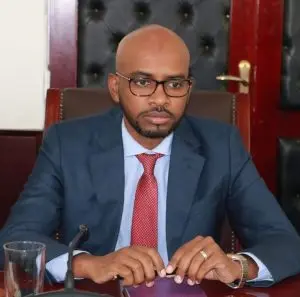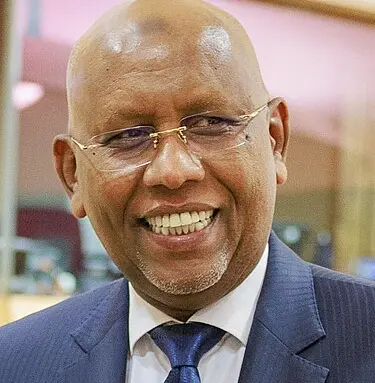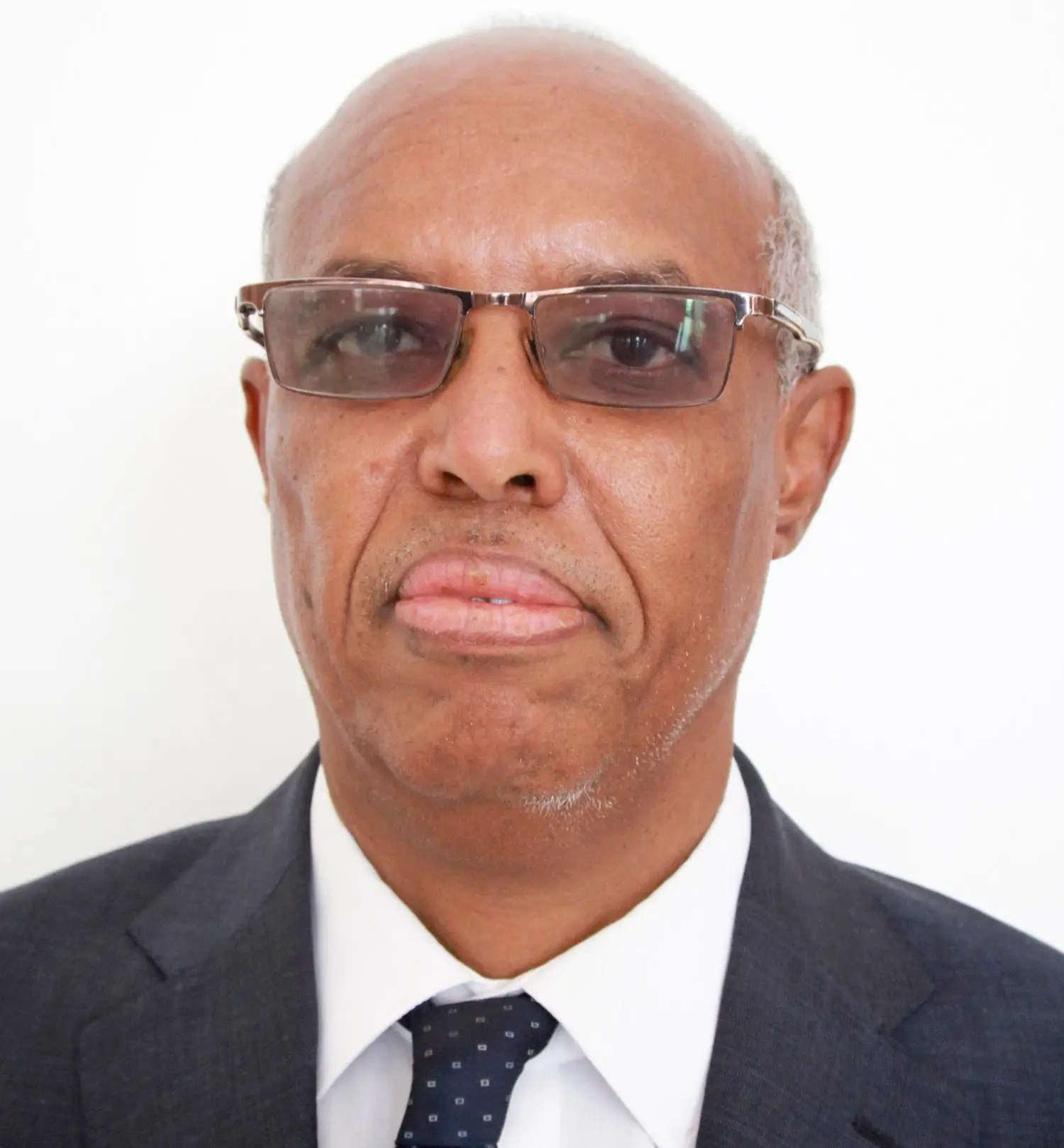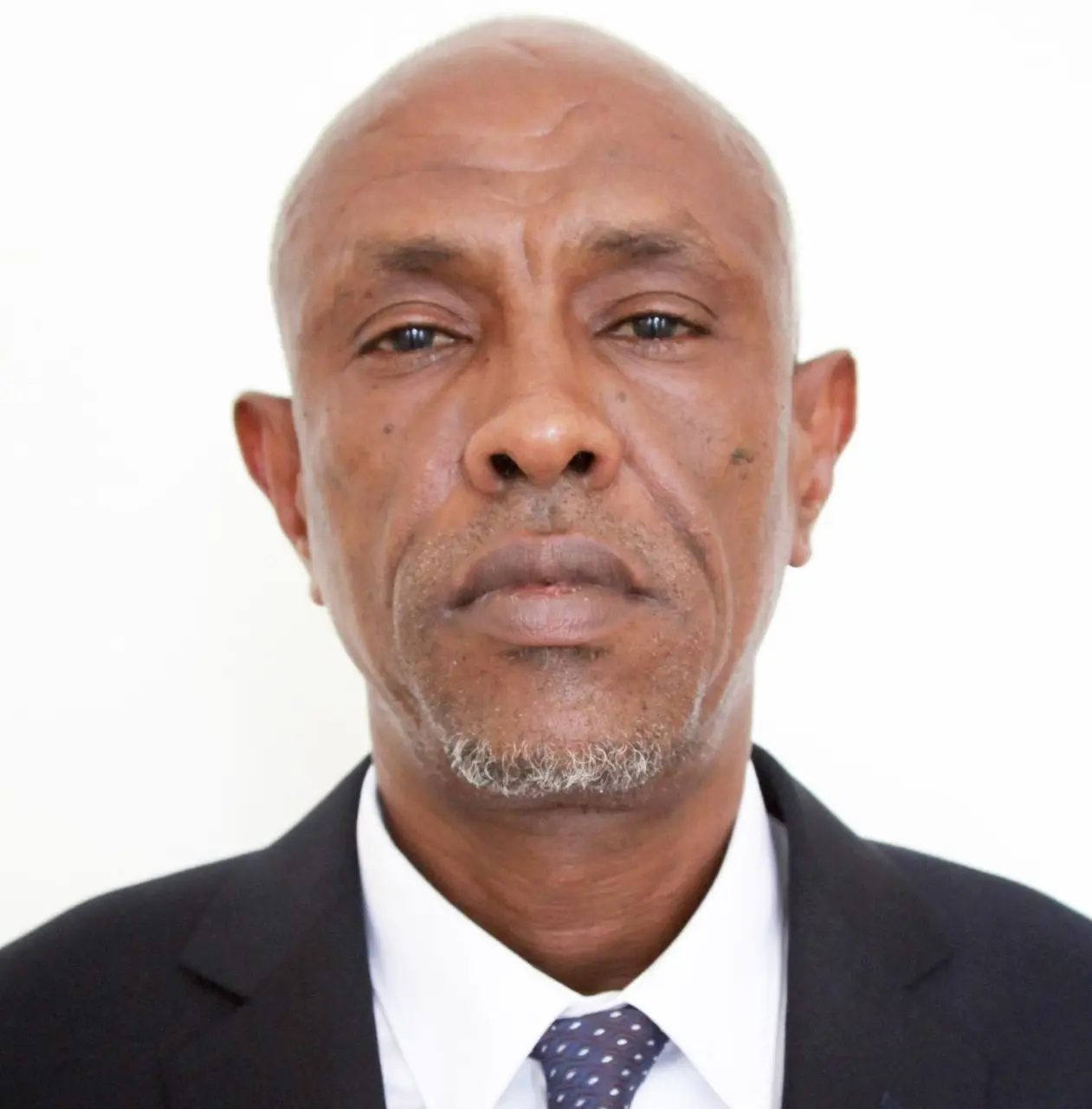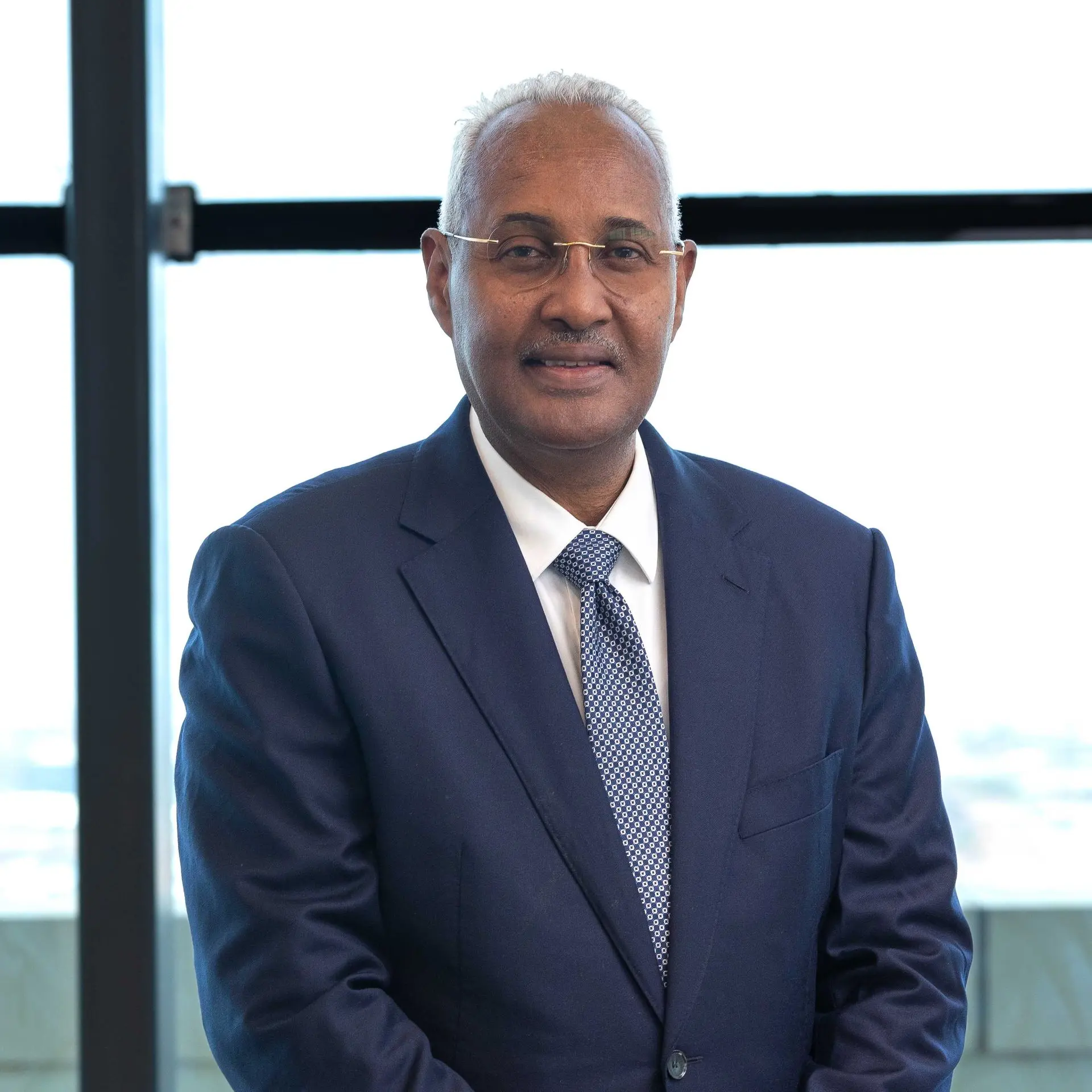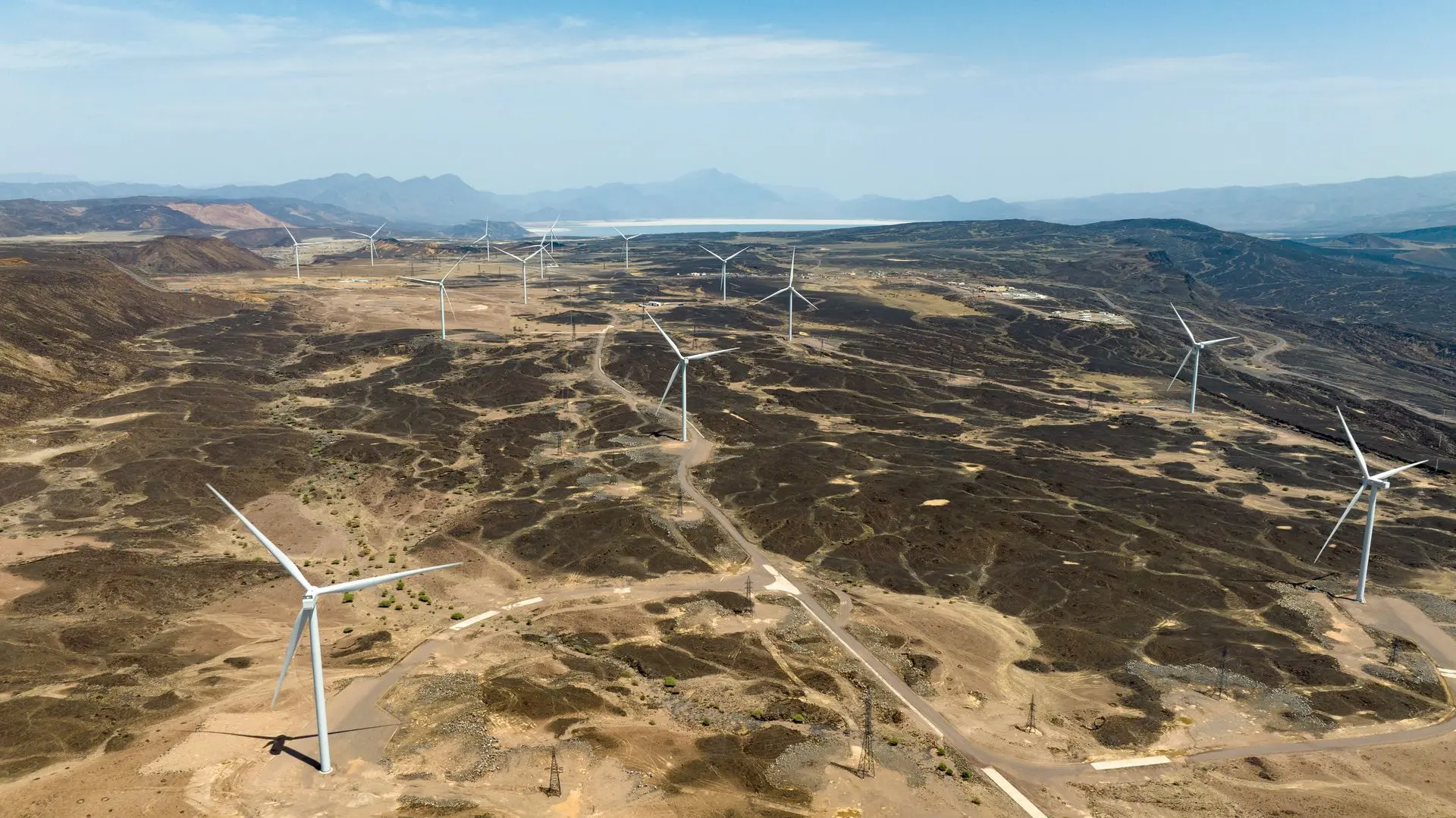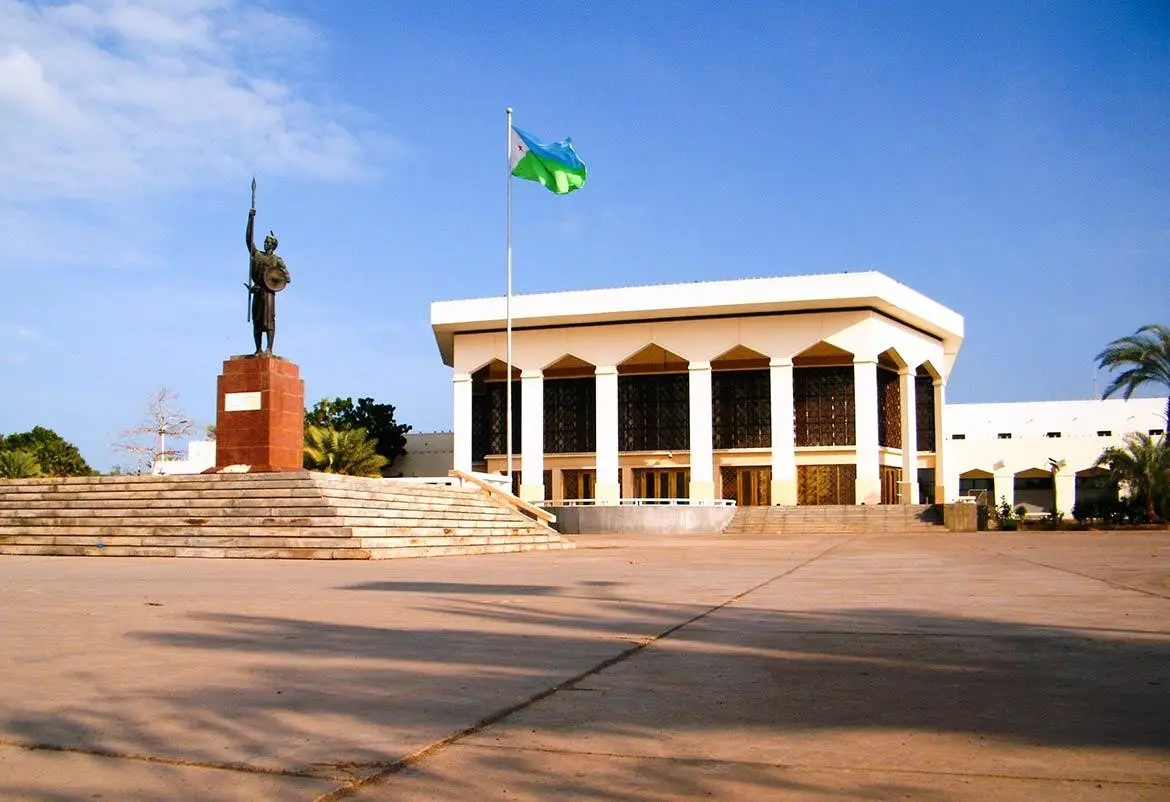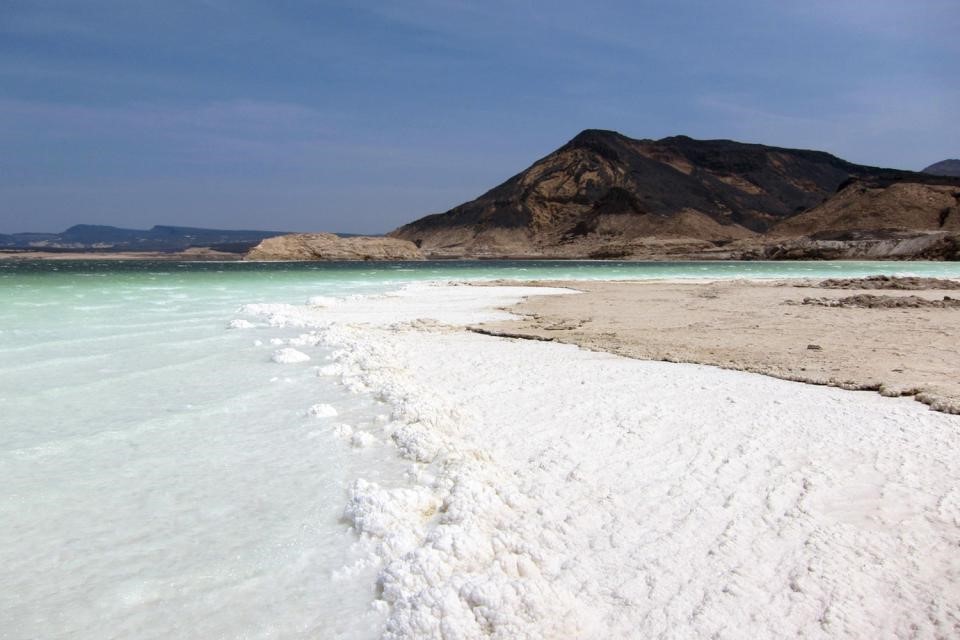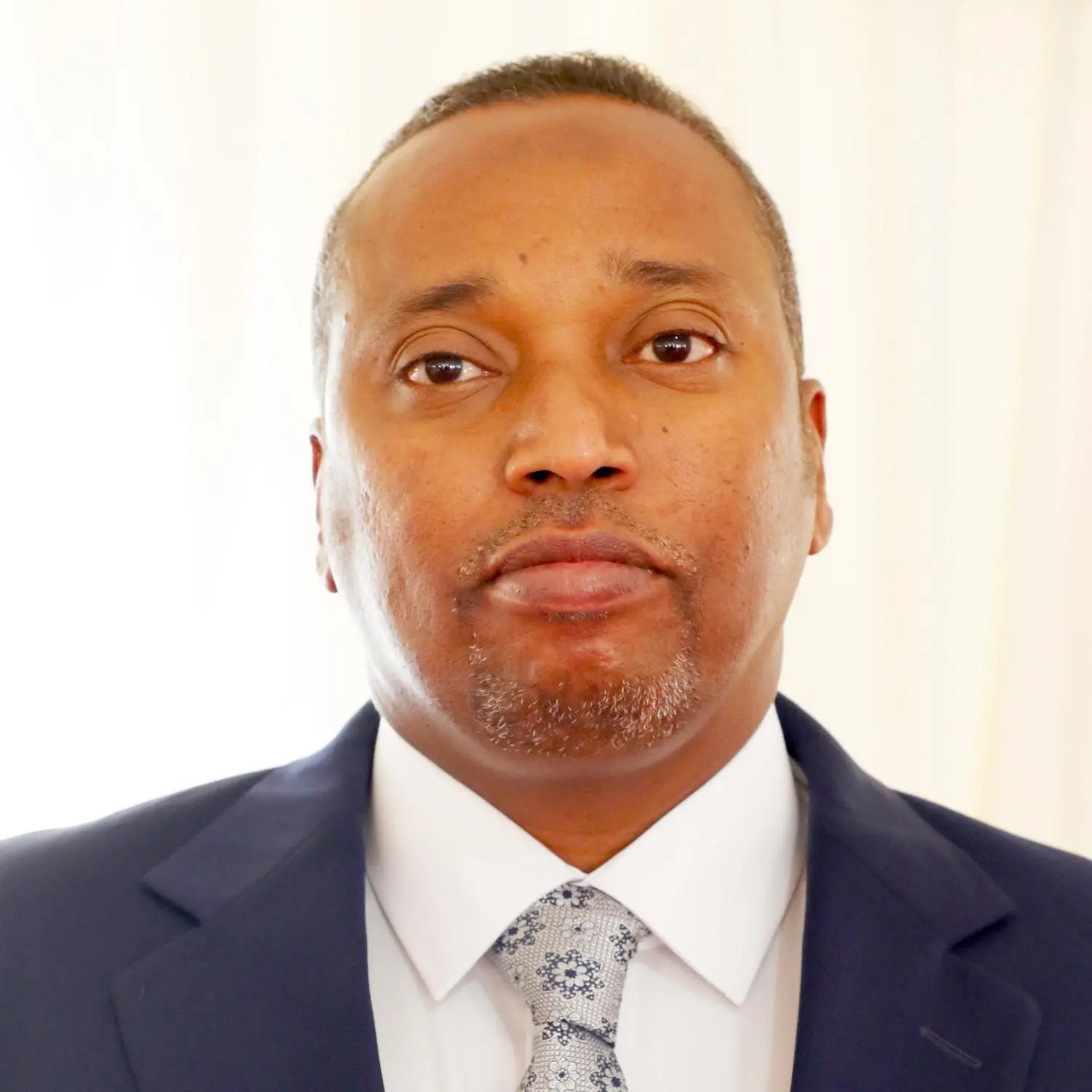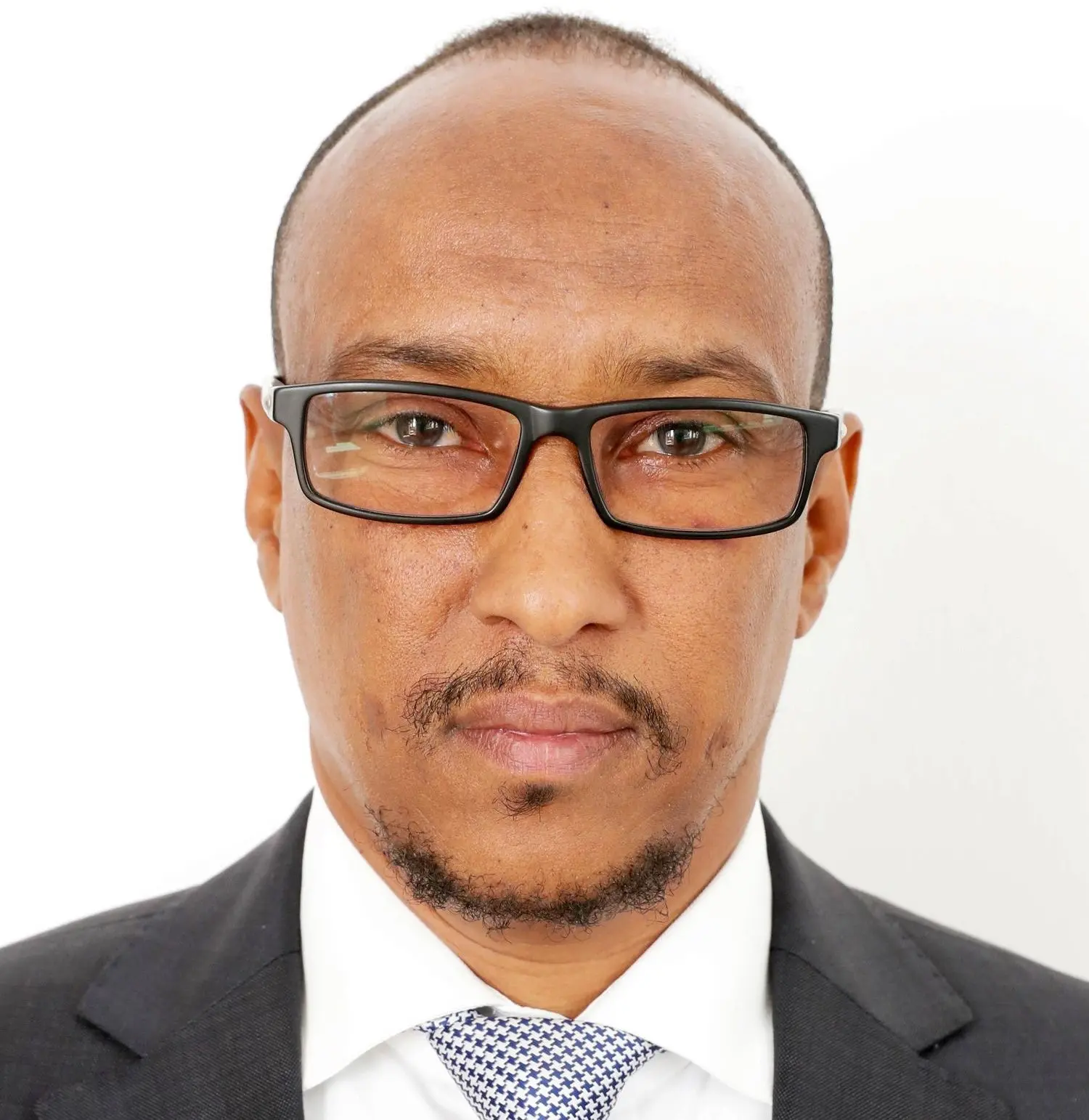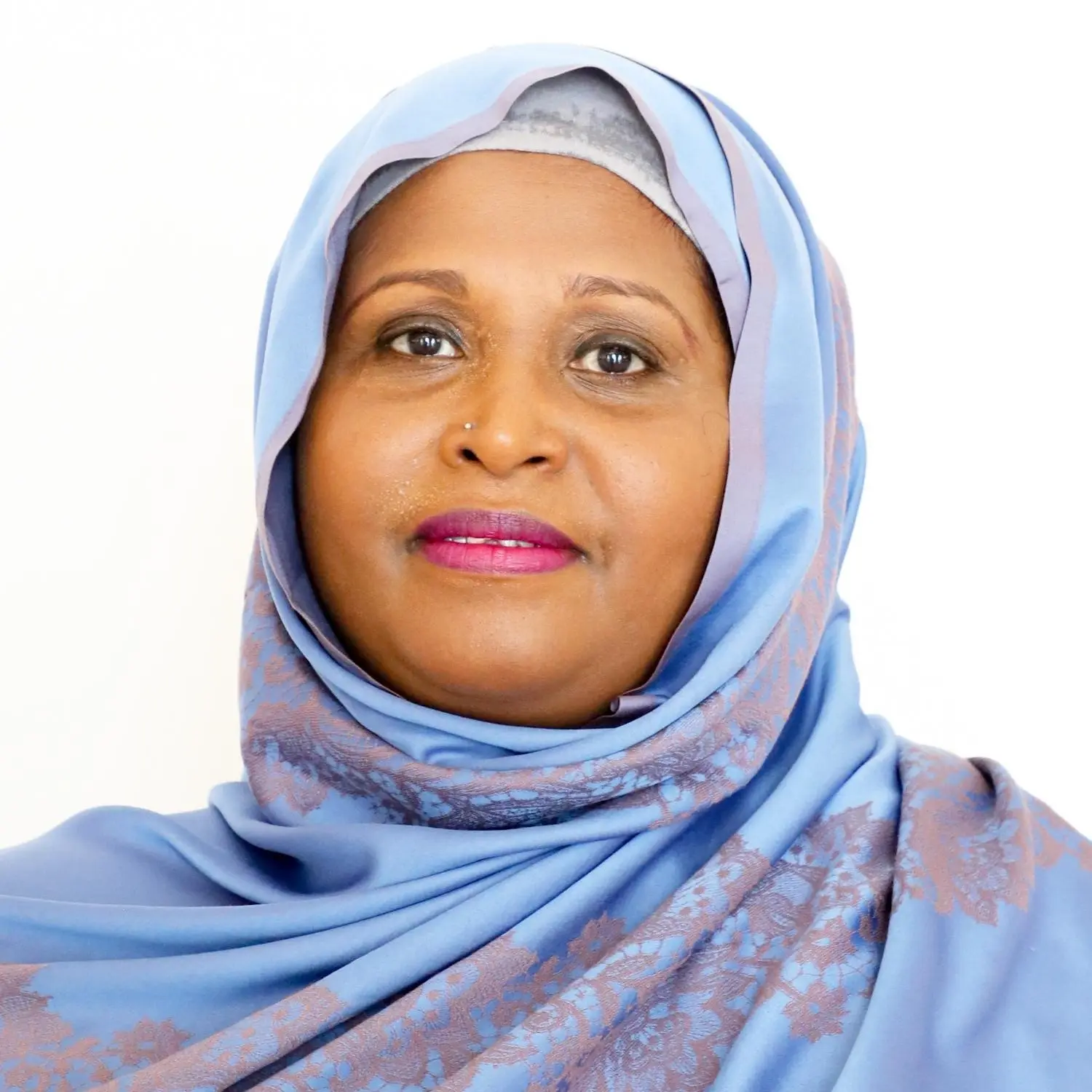
As global challenges intensify, communities are uniting to combat climate change and its effects on our planet. Pollution of ocean and continental waters, atmospheric pollution, erosion of biodiversity, uncontrolled urbanization, the advancement of biotechnologies and the trivialization of Genetically Modified Organisms (GMOs), the degradation of the ozone layer, climate change and desertification are all major environmental challenges that the modern world must address in order to continue its development in a more sustainable way.
The Republic of Djibouti has become aware of the challenges linked to more rational management of its natural resources, and has integrated environmental protection as a priority in its national development policy.
Unfortunately, despite strong political will and great determination on the part of the stakeholders concerned, the threats to the environment are very real and endanger our natural resources and, ultimately, the well-being of our populations.
The government, through the action of the Ministry of Housing, Urban Planning and the Environment, has therefore decided to implement a coherent, dynamic and proactive national strategy to meet the country's priority environmental needs. To do this, various reference documents have been developed by the Directorate of Environment and Sustainable Development (DEDD) such as the National Action Plan for the Environment, the National Monograph for Biological Diversity, the National Strategy and Action Program for Biological Diversity, the Initial National Communication on Climate Change, the National Program for Adaptation to Climate Change, to name a few.
Similarly, a legal framework for environmental protection has been put in place with the adoption by the government of several legislative and regulatory texts: the Environmental Code, law establishing protected areas, decree establishing the impact study procedure, decree protecting biodiversity, decree regulating the transport of dangerous products, decree regulating substances that deplete the ozone layer.
Furthermore, the holding of awareness-raising workshops and/or seminars, public information and training of stakeholders demonstrate the significant efforts made by the Ministry of the Environment in terms of raising awareness of environmental preservation.
However, environmental protection is everyone's business. In a world that has become a global village, it is our duty to protect it from human actions that could harm the stability of the environmental balance so that the Republic of Djibouti can develop in a harmonious and sustainable manner.
To learn more, I invite you to visit our website at the Internet address http://www.environnement.dj . This site was designed as a place of exchange, a crossroads allowing meetings between people, governments, institutions, development partners, businesses and civil society who wish to actively engage with us in the preservation of our environmental heritage.
Mohamed Abdoulkader Moussa Helem
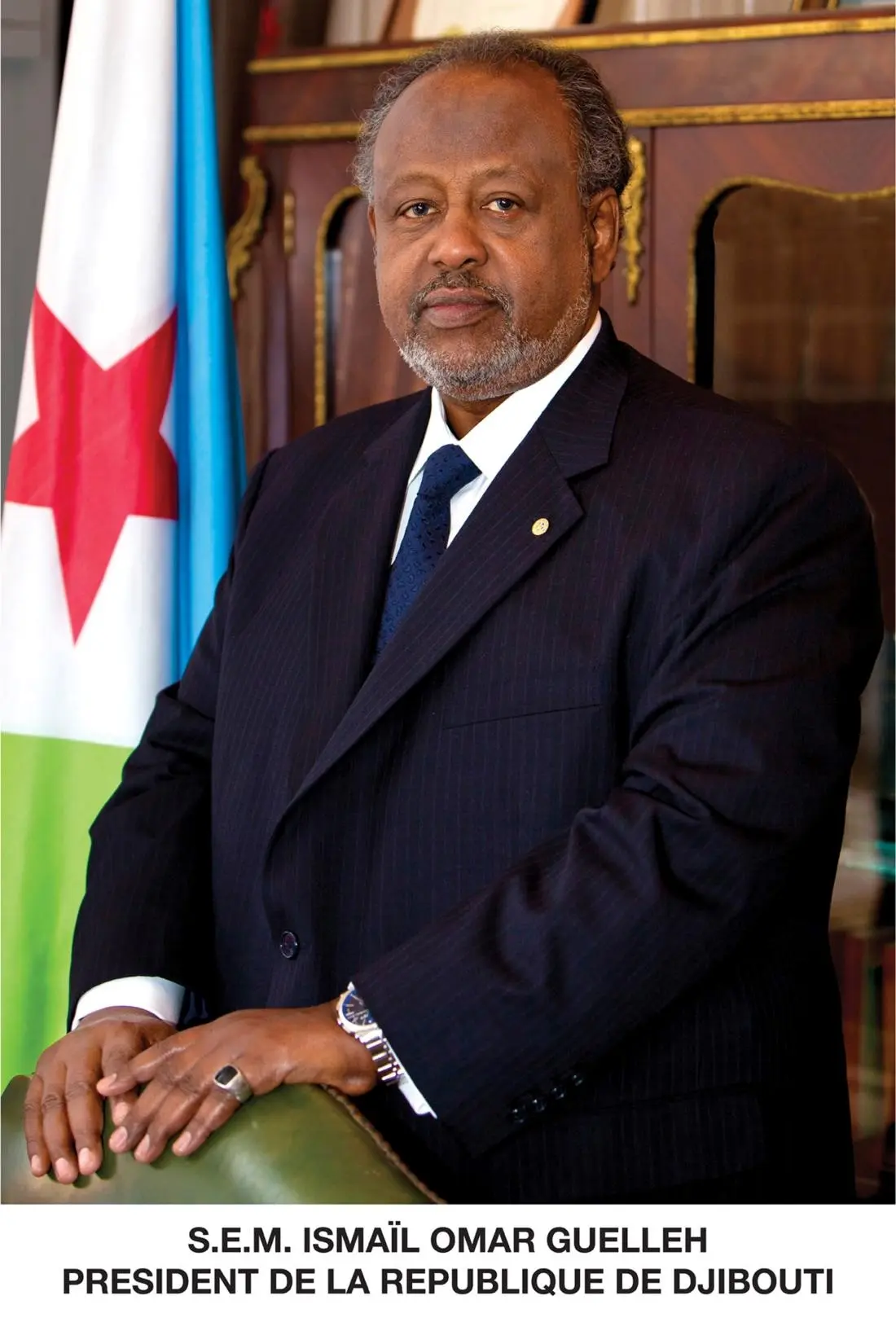
MINISTERS IN CHARGE
